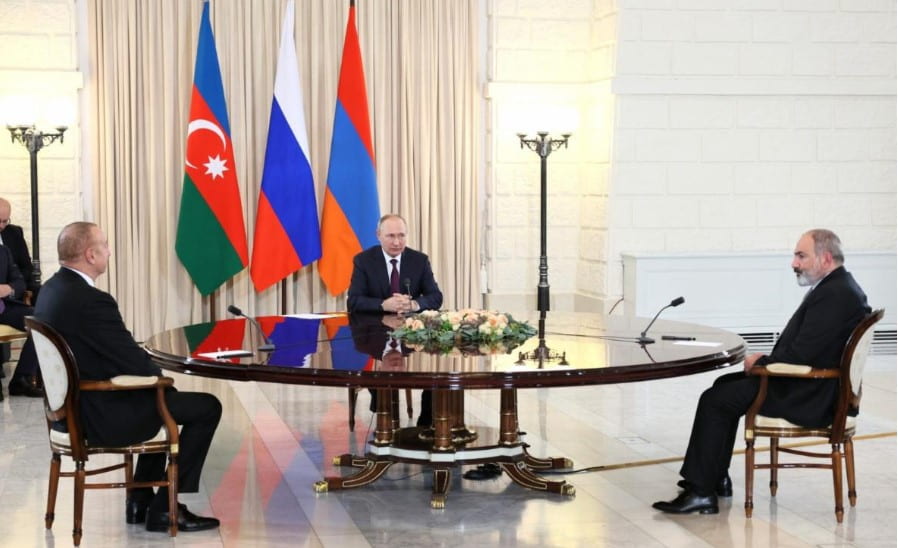Ongoing crises and the blockade of Nagorno-Karabakh have highlighted the precarious position of Russian peacekeepers in the region. When Moscow brokered a ceasefire agreement on November 10, 2020, sidelining other members of the Minsk Group, no one could have predicted the developments of the following two years. Russian peacekeepers either lack the capacity or the will to avert humanitarian crises, ensure the safety of Nagorno-Karabakh residents, and maintain secure communication routes in the area.
Meanwhile, as Europe has significantly reduced its reliance on Russian energy resources, the importance of alternative gas and oil suppliers has surged. To the disappointment of many in Armenia, the President of the European Commission, Ursula von der Leyen, visited Azerbaijan in July 2022 and commended Azerbaijani President Ilham Aliyev as a dependable and trustworthy partner.
In this event, we will explore Russia’s current role in the conflict and the ongoing developments in and around Nagorno-Karabakh. What is the current state of affairs there? What are the foreign policy objectives of Russia, the United States, the European Union, Turkey, and Iran in this conflict? Is Armenia or Azerbaijan of greater importance to Russia today? Is Russia exploring energy and resource transit through the South Caucasus corridor in exchange for significant concessions in the conflict zone? Can international forces replace Russian peacekeepers? Is Azerbaijan attempting to force out the Armenian population from Nagorno-Karabakh, and if so, under what conditions would Russian military presence in the South Caucasus remain justified? Is Armenia shifting away from its traditional alignment with Russia in favor of stronger Western ties, and how might Iran react to such a shift? Lastly, what is the current perception of Russia within Azerbaijan?
Panelists:
Ahmad Alili is a researcher in international public policy and regional security of the South Caucasus, EaP countries, and neighboring regional powers. He is part of several peacebuilding initiatives supported by the EU, UN, and PfP consortium. Currently, he is the director of the Caucasus Policy Analysis Centre (CPAC), a Baku-based independent think-tank intending to achieve regional integration of the South Caucasus. Also, Mr. Alili is a lecturer at the Academy of Public Administration on the role of non-state actors in regional security, geopolitics, public management, and good governance.
Yulia Nikitina is a Senior Research Fellow at the Center for Eurasian Studies at MGIMO University. She is a specialist in security politics in Eurasia with a focus on regional organizations and Russian approaches to conflict-settlement. She has co-authored the RAND report “Getting Out from ‘In-Between’: Perspectives on the Regional Order in Post-Soviet Europe and Eurasia” (2018) and contributed to the edited volume European-Russian Power Relations in Turbulent Times (2021).
Alexander Iskandaryan is a prominent expert on politics, nationalism, and the contemporary history of Armenia, the South Caucasus, and Eurasia. He is a political scientist and the Director of the Caucasus Institute in Yerevan, Armenia. He has authored numerous works on these topics, presented papers, and has talked at numerous conferences.
Moderator:
Mikail Mamedov holds his Ph.D. in History from Georgetown University where he is also a Lecturer in History and the Liberal Studies Program of the School of Continuing Studies and the same Department. His multiethnic Azeri-Armenian family arrived in the US back in 1996, in the wake of the Karabakh conflict. He holds his MA from George Washington University and his Diploma in History from Moscow Lomonosov State University. He authored numerous articles on the History of the Caucasus and on contemporary literature and the Karabakh conflict.

